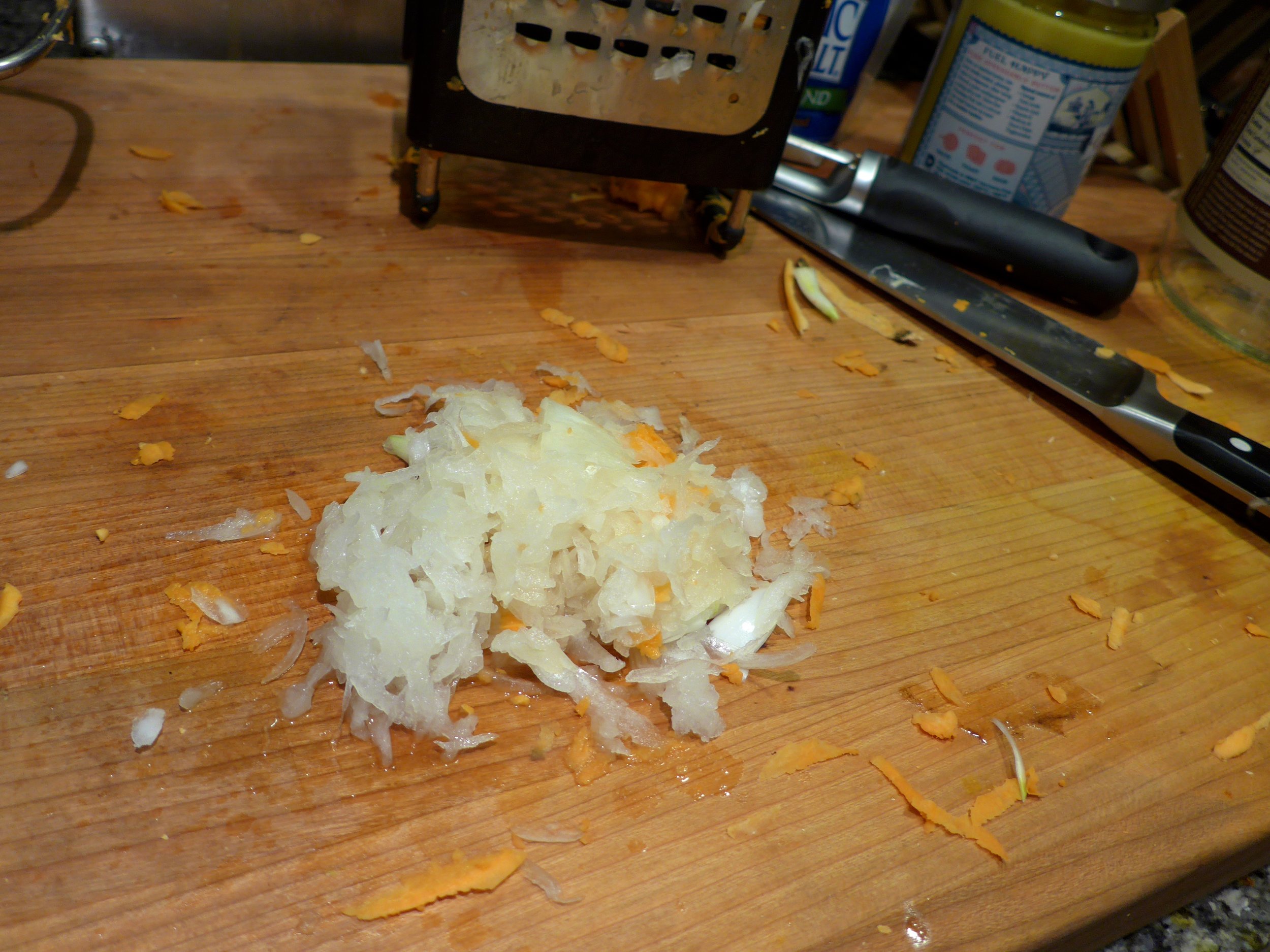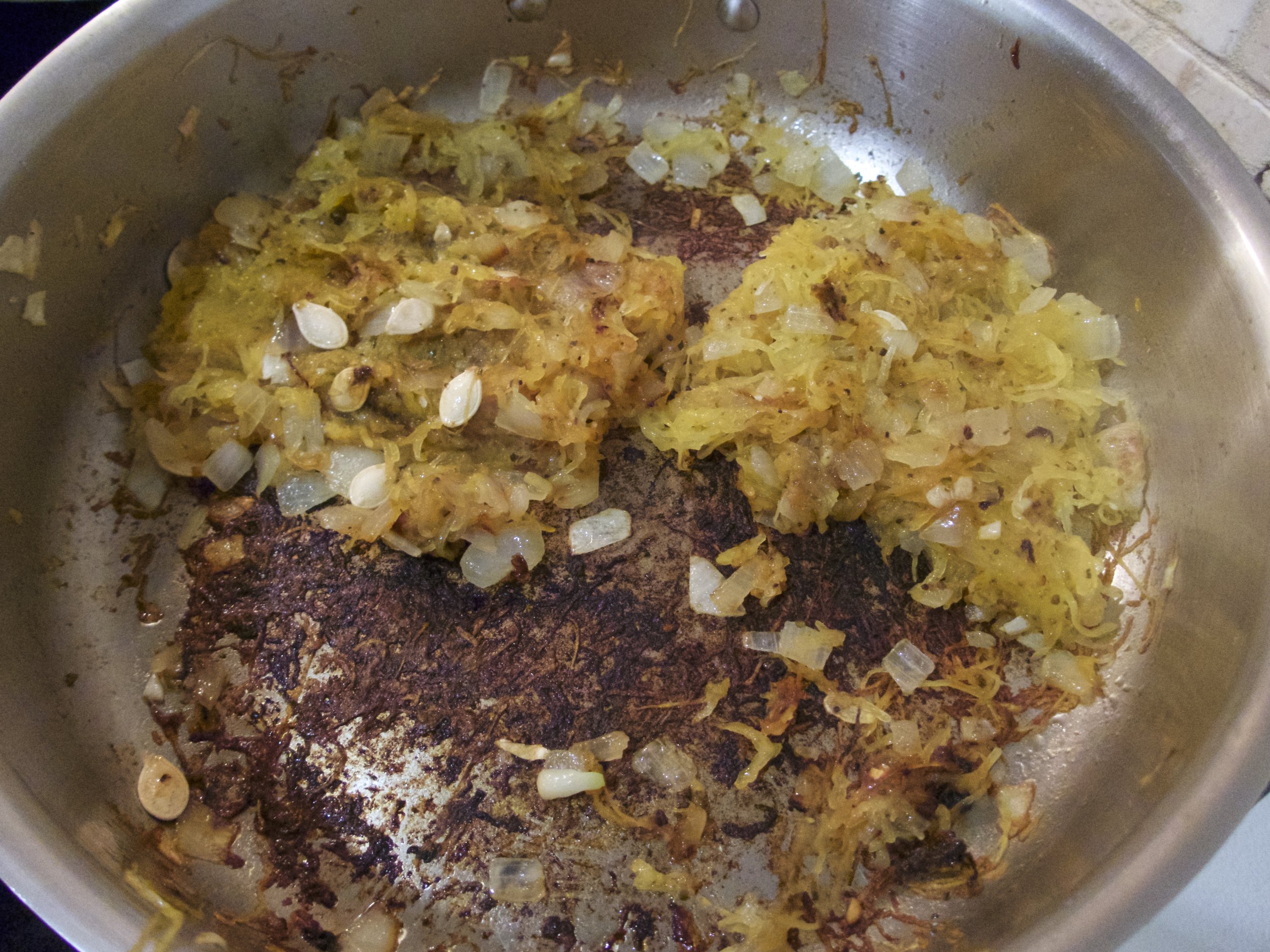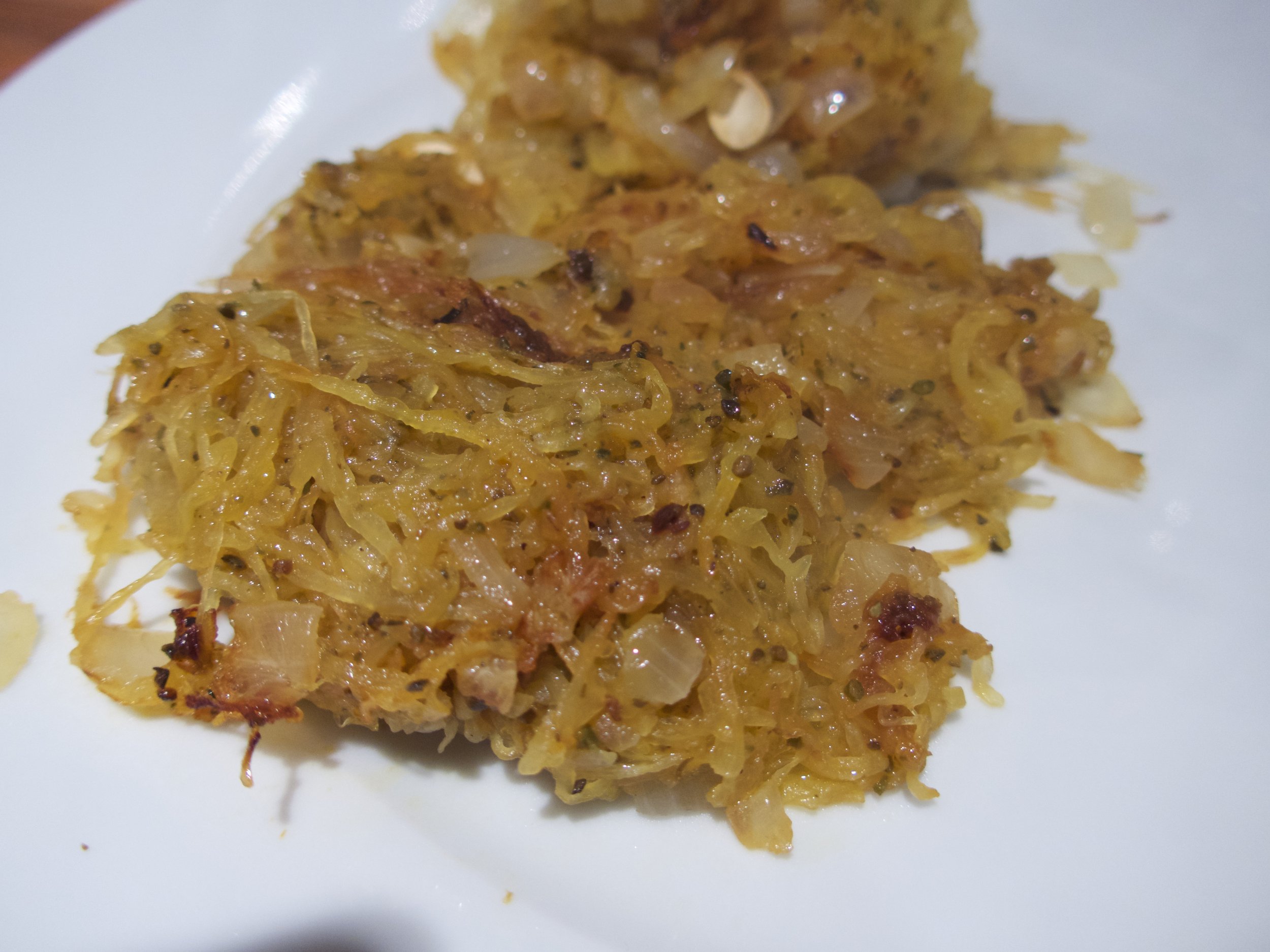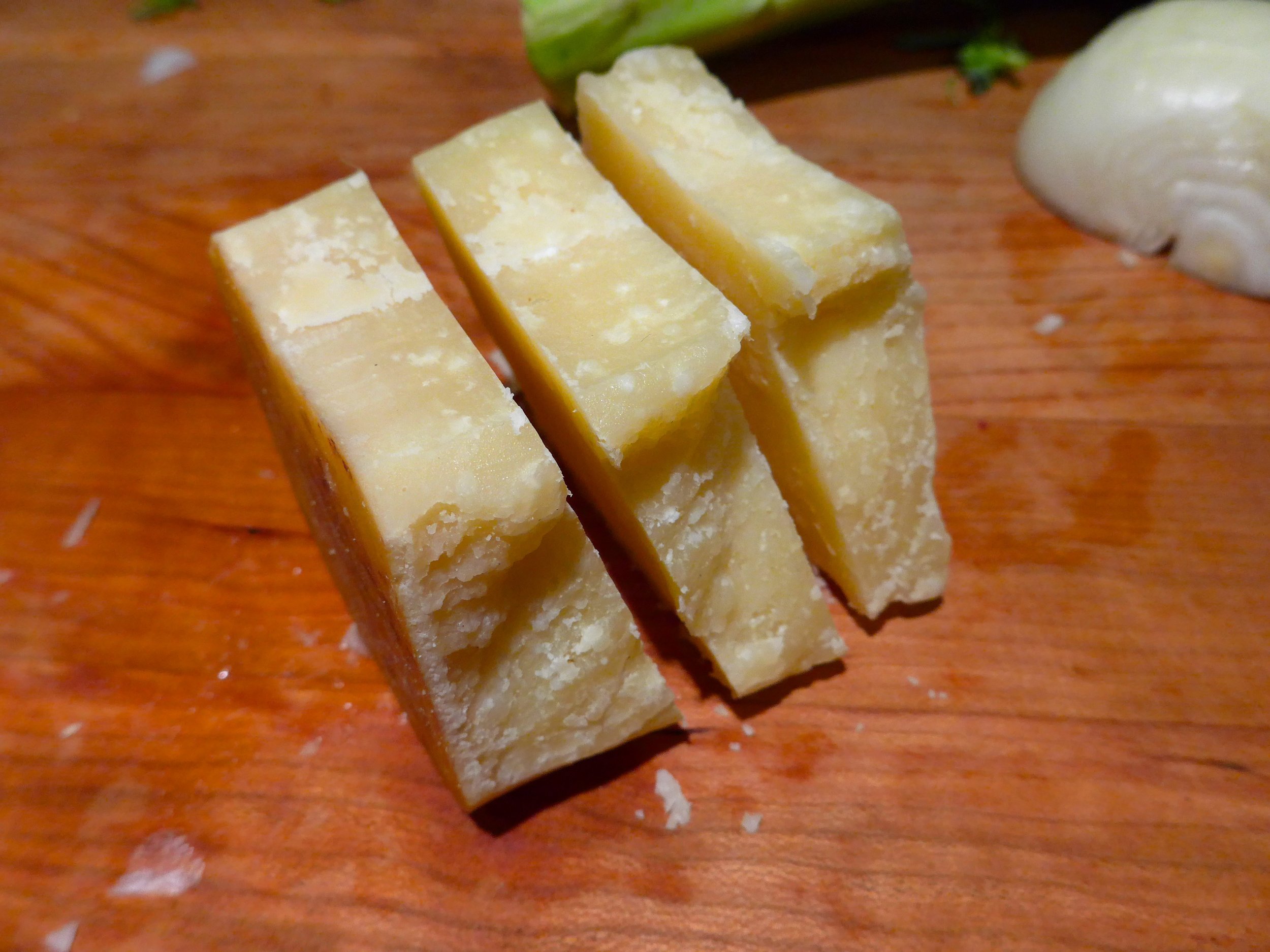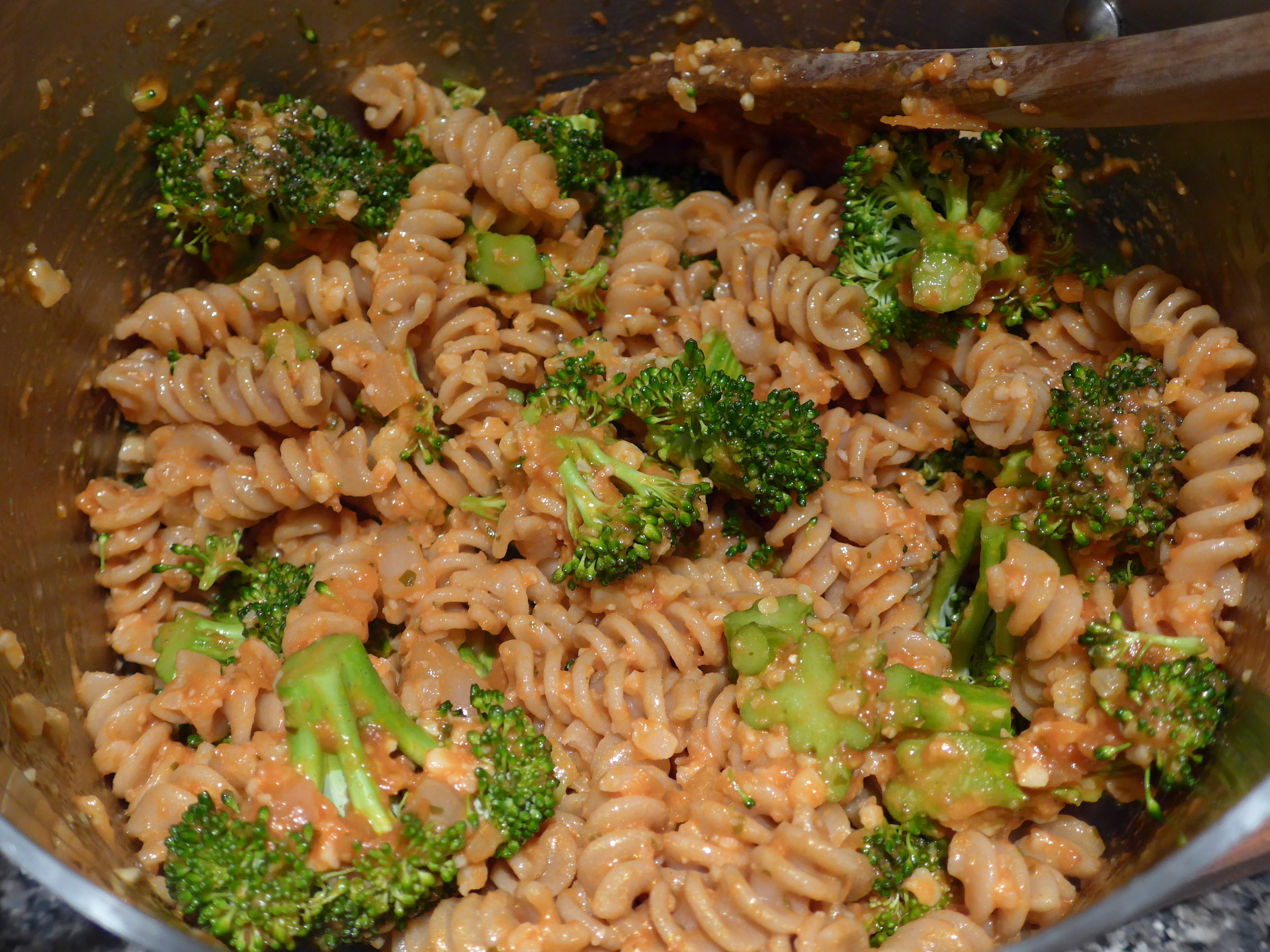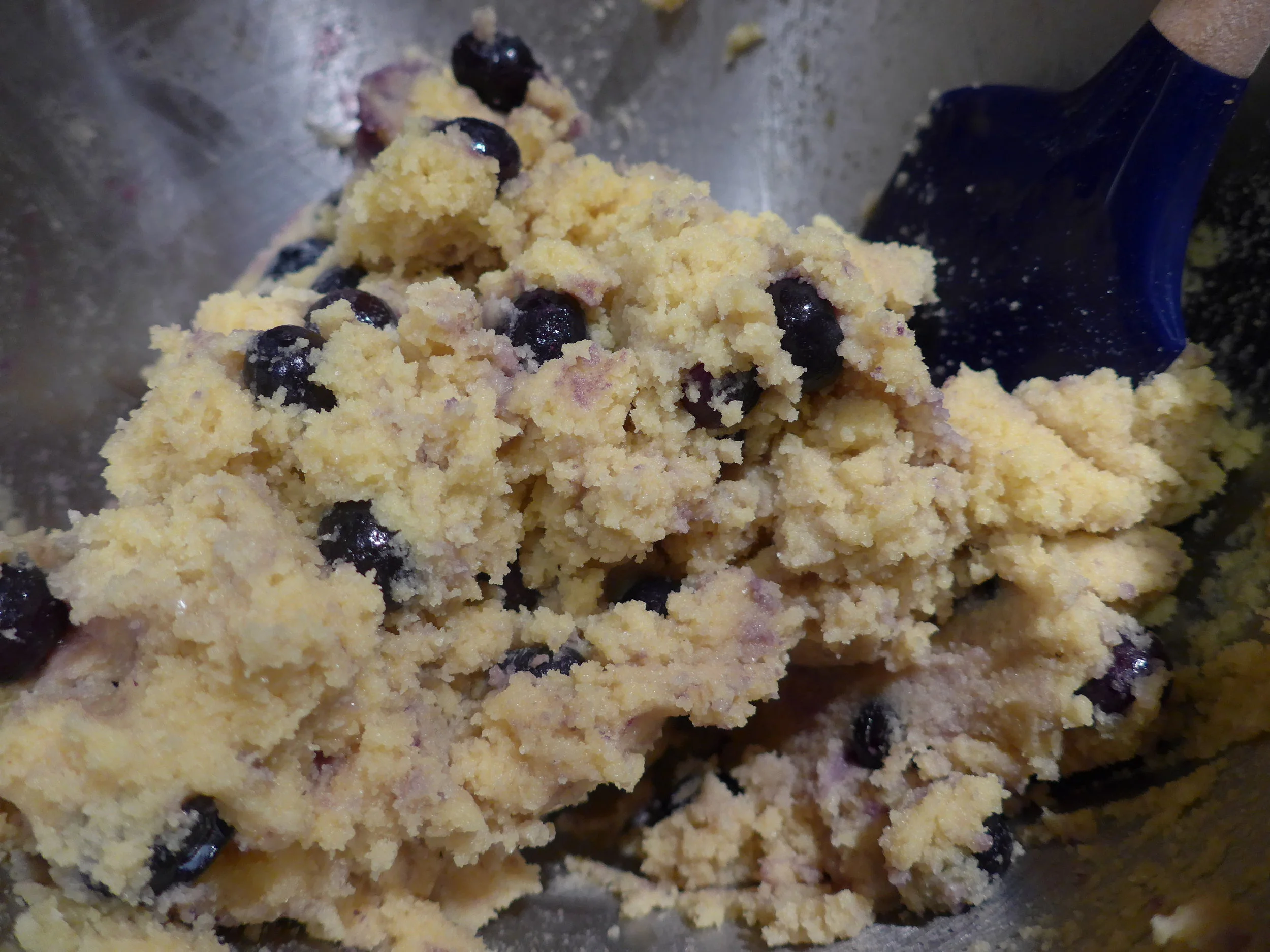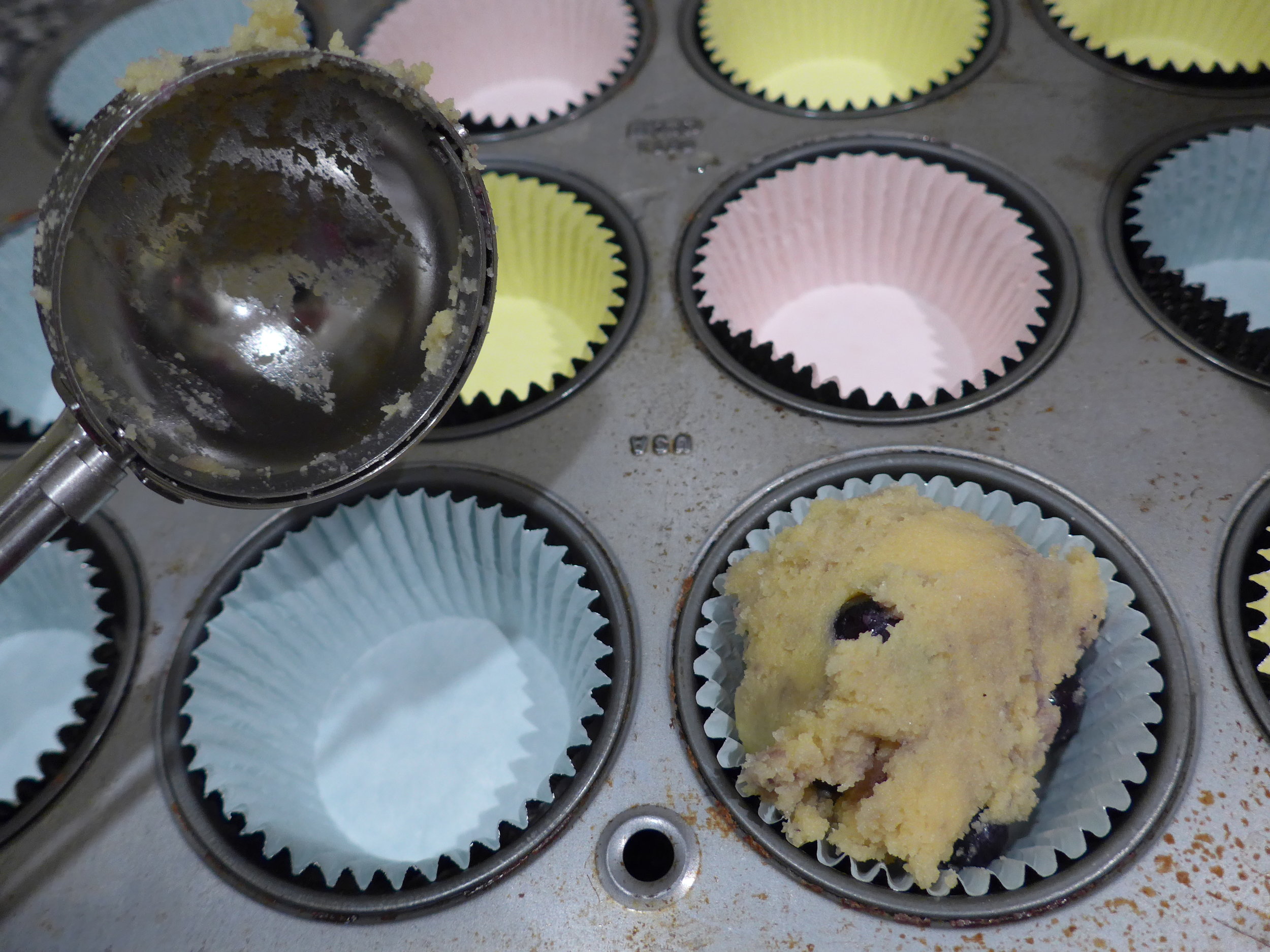Cordyceps traditionally grows at high altitudes, so what better place to eat it than at a high altitude! Cordyceps is a mushroom that’s been used since the beginning of time, about 12,000 ago. Just kidding. It’s been around for a while, I mean it’s a mushroom so it’s probably been around in some form since before Earth. It contains hypoxanthine, which according to NASA, originally formed extraterrestrially.
Anyway, it became more widely known in the 18th century, and modern science has allowed us to research how and why cordyceps does what it does. There’s a lot out there on cordyceps, so buckle up.
What does cordyceps do? Depends who you ask. If you ask someone in Chinese Medicine they’d say it nourishes yin and yang jing, strengthens kidneys and tonifies qi. If you ask a caterpillar it would probably say it’s a killer. If you asked an Olympic athlete they’d tell you it’s that little suttin suttin that puts them over the edge into the winners circle. If you asked an Olympic athlete they’d tell you it’s that little suttin suttin that puts them over the edge into the winners circle.
It’s probably most famous as a lung tonic. It helps your body use oxygen more efficiently. That makes sense to me. It grows in a lower oxygen environment, and can help us thrive in a lower oxygen environment. For example, 8500 feet above sea level like I am right now. I’m writing this article now because I want to highlight how cordyceps helps me adapt to the thinner air.
Di Tao cordyceps comes from regions of China even farther from the sea than that. Like 12,000 feet above the sea! However, cordyceps is much more than a lung tonic. It’s great for your heart, containing adenosine, which is actually prescribed for arrhythmia. That also helps with ATP synthesis and energy production. It’s been shown to help the liver, which in turn normalizes hormone levels and cholesterol. It’s also been shown to help fight cancer, specifically reducing leukemia and lung cancer tumor sizes.
For this trip, I premade a mix. But I made sure it's cordyceps heavy. There's also some astragalus in there, another great lung tonic. It's so dry out here, qi flow can be more easily upset. There's also some reishi, he shou wu and mucuna because you can't really go wrong with that trio. And also some eucommia bark, to keep my knees strong and flexible on this ski trip.
I’ll expand on this more later, I gotta hit the new urban booter. There’s a fresh foot of powpkapow, can’t let it go to waste!



















